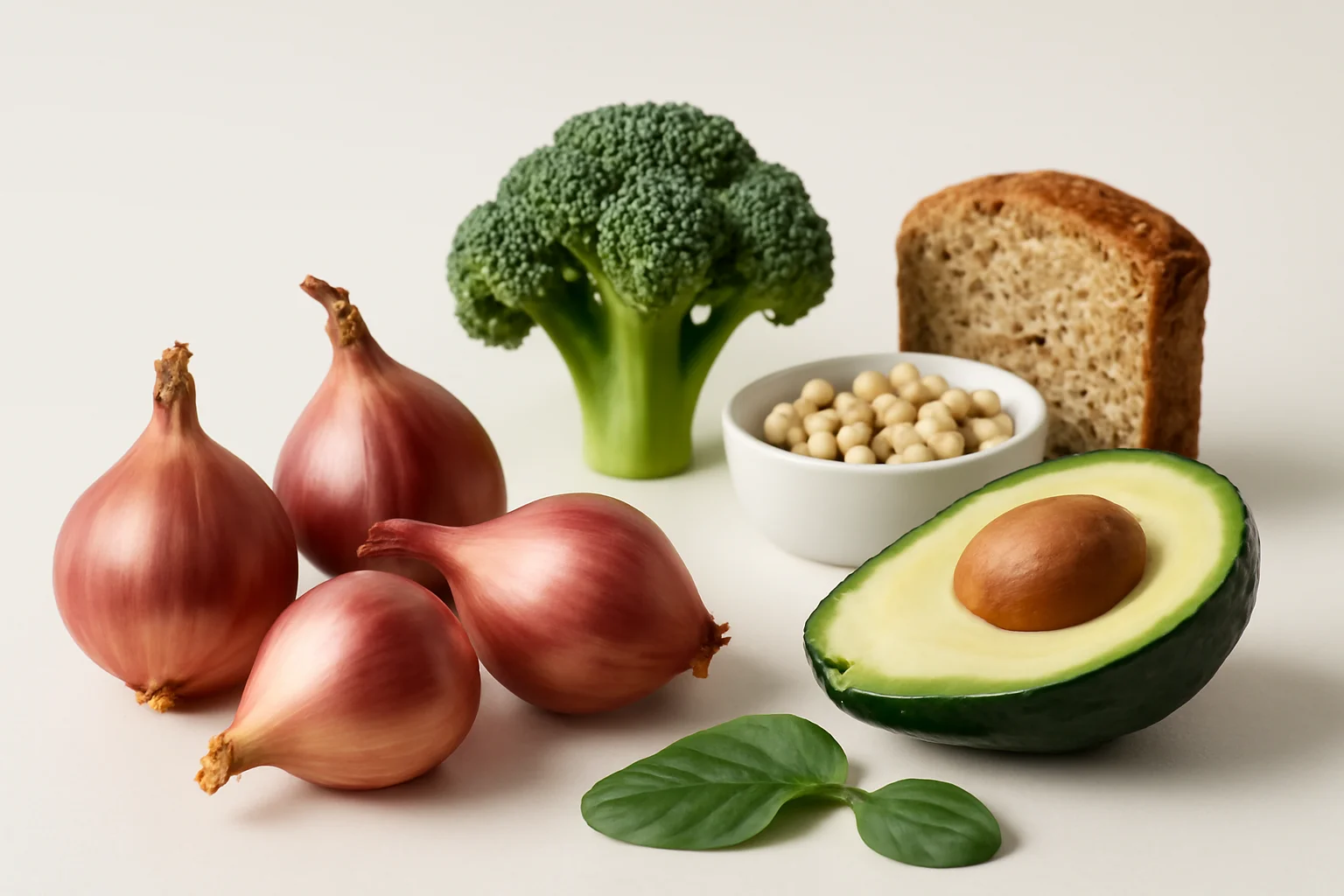
The Beneficial Effects of Shallots on Our Health
The shallot, which belongs to the onion family, is becoming increasingly popular among gourmets and health-conscious individuals. This special vegetable is not only delicious but also has numerous beneficial effects on our health. Due to its sweet, mild flavor and pleasant aroma, shallots can be found in a variety of dishes, whether salads, soups, or side dishes. Additionally, it contains a wealth of vitamins and minerals that can contribute to our daily nutrition.
The nutrient composition of shallots
The nutrient composition of shallots is extremely rich and diverse. They are primarily abundant in vitamins and minerals that are essential for the proper functioning of the body. Shallots contain vitamin C, B vitamins such as B1, B2, and B6, as well as folic acid. Vitamin C is a powerful antioxidant that helps protect cells and supports the immune system. B vitamins are essential for metabolic processes and proper nervous system functions.
The mineral content of shallots is also noteworthy. Their high potassium, calcium, and magnesium content contributes to heart and bone health. Potassium helps regulate blood pressure, while calcium and magnesium are essential for maintaining the proper condition of bones and teeth. Moreover, shallots are a rich source of fiber, which promotes digestion and contributes to gut health.
Shallots can be used in a variety of dishes due to their unique flavor and nutrient content. They can be consumed raw, steamed, roasted, or cooked. The sweet taste of shallots enhances salads, sauces, and soups, and they can also be a great complement to meat dishes. Since they are low in calories, they can be an ideal choice for dieters looking to enrich their meals with nutrient-dense, flavorful foods.
The health benefits that shallots provide
Shallots offer numerous health benefits, many of which are supported by scientific research. One of their most important beneficial effects is that they help prevent cardiovascular diseases. The flavonoids and a compound called quercetin found in shallots may help lower cholesterol levels, thereby reducing the risk of heart disease. Regular consumption can also assist in regulating blood pressure.
Additionally, shallots have anti-inflammatory properties. The antioxidants they contain help mitigate inflammatory processes, thereby reducing the risk of chronic diseases such as diabetes and cancer. They can also be beneficial for those struggling with digestive issues, as consuming shallots promotes gut function, helping with constipation and other digestive disorders.
Moreover, shallots have a positive effect on the skin. The vitamins and minerals they contain can help hydrate and nourish the skin. The antioxidants in shallots can help slow down skin aging, contributing to a youthful appearance. Furthermore, due to their antibacterial properties, shallots may assist in treating skin problems such as acne.
How to use shallots in the kitchen
Thanks to their versatility, shallots can be used in many different ways in the kitchen. One of the most popular preparation methods is to consume them raw, as their sweet flavor and aroma pair wonderfully with salads and fresh vegetable platters. Chopped finely, they can be added to various dressings and sauces to achieve richer flavors.
Shallots are also delicious when steamed, roasted, or cooked. They can be steamed with vegetables or used as a base ingredient for soups and stews. When roasted alongside meats, they impart a special flavor to the dish. Additionally, shallots are excellent for stuffed dishes, such as stuffed peppers or meat dishes, where their mild flavor complements the other ingredients beautifully.
It is important to store shallots properly to preserve their freshness. They are best kept in a cool, dark place in a well-ventilated container. Additionally, it is advisable to chop shallots fresh before use in the kitchen to retain their flavor and nutrients. Always check that the shallots are not soft or moldy before use, as this may indicate spoilage.
Shallots are therefore not only delicious but also extremely healthy. We can incorporate them into our diet by using them in various ways, allowing us to enjoy their beneficial effects and rich nutrient content.
**Warning:** This article is not a substitute for medical advice. Always consult a doctor for any health issues!

